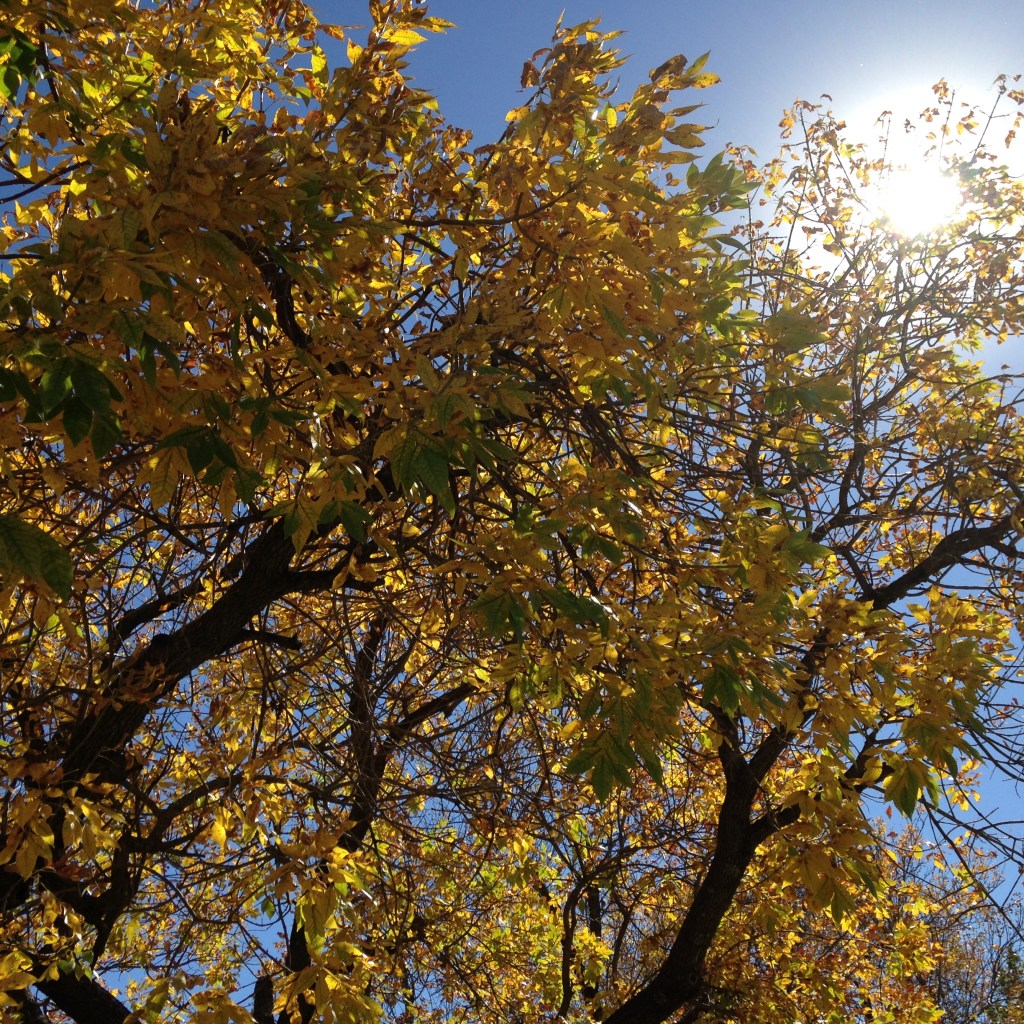“[The document was ratified and sealed with…the following Levites…]
Hodiah, Bani and Beninu…”
Nehemiah 10:13

Last time we saw four Levites whose names point out how Yah regards us, even as He sends burning heat. Today we see the final three Levite names listed who signed the covenant to obey Yahweh.

Hodiah is first, obviously the name of two Levites, as we just saw it three verses ago in 10:10. If you remember, it means “My Splendor is Yah,” a meaning of which we could all use reminding.

Up next is Bani whose name we have seen several times throughout this book, including Nehemiah 3:17, 8:7, and 9:4-5. The name is from banah – to build, fortify, rebuild, restore, obtain children, repair.

The general sense of this definition is proactive, intentional action: to build something new, to rebuild what has broken, to restore what has been marred, to fortify what is good that needs protected, to build a family – spiritual or relational or physical – through a lineage.

Have you ever thought about how building, creating, restoring as humans is so reflective of the heart of our God Who is on the move? If you picture a distant, slightly uninvolved deity when thinking of Yahweh, I encourage you to grab your Bible. Our God has always been active throughout His recorded movement among humanity, and is even now: building His church, rebuilding broken people and relationships, restoring lost Shalom.

It takes such pressure off, doesn’t it? And yet, can light a healthy fire under us to become part of such restoration – without all the ego involved. It’s what our Maker is already doing. What He chose us in Christ Jesus to do – good works prepared in advance for us.

Our final Levite to sign the covenant is Beninu. While the meaning is uncertain, it is most likely “our son” from ben meaning “son, afflicted, anointed, child, descendants, offspring, unfortunate, valiant, warriors, young, youths, wicked.”

Such varied definitions here, yes? Afflicted and unfortunate and wicked among descendants, anointed, young, valiant, and warrior. While it is not likely one names their child to be known as wicked or afflicted, I find the juxtaposition interesting.
In what ways can we be young and valiant, yet unfortunate? How are we like warriors but also wicked? And are we not both anointed by God and afflicted while on this earth?

I think it can be us all, depending on the day. The moment. Our hearts can be so divided that wickedness can just as likely come out of our mouths as something pure. And we can be among God’s chosen descendants, heir to all the riches of heaven, yet live as if we are unfortunate. We can be valiant warriors in His Spirit, yet live like youths with no training.

The good news is that little word our in the “our son” definition. If the name were simply Ben, it could easily just mean son. But it seems Beninu implies a collectiveness to the word.
Belonging matters, doesn’t it? Son, a son, versus our son. We belong to one another, friends. Particularly if we are among the family of God. We are His and we are each others’.

And the precious Son, the only Son of God, is ours as well. Not as in we own Him, but we belong to Him because of what He never owed but freely gave for us.
And the true Valiant Warrior crushed wickedness itself to set us free.